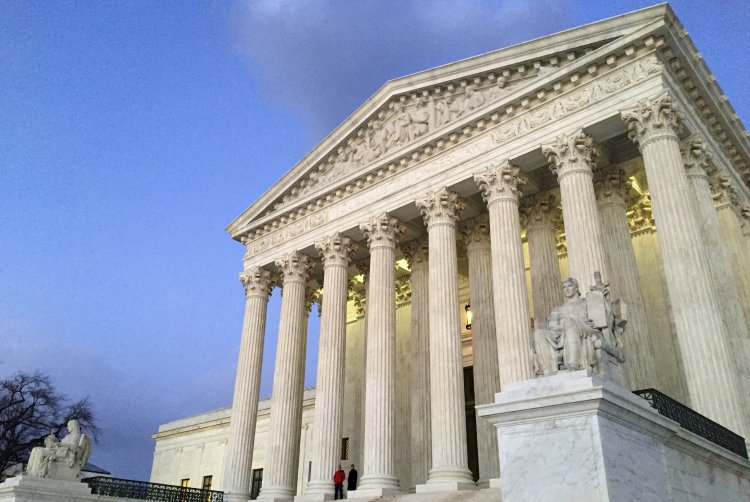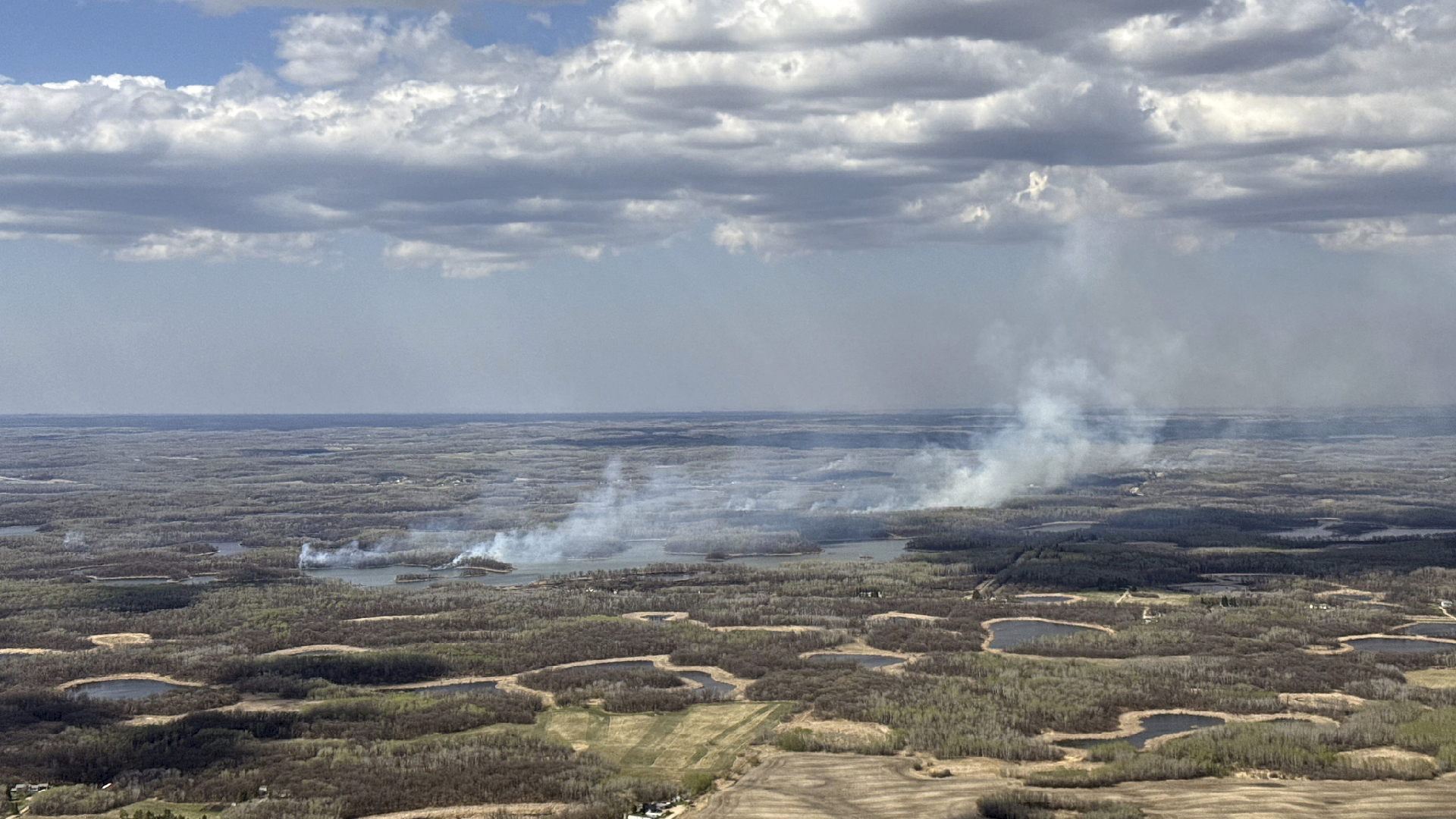Trump requests Supreme Court to permit revocation of legal status for 500,000 immigrants
Under the Biden administration, immigrants received legal status through a process referred to as humanitarian parole.

On Thursday, Solicitor General John Sauer submitted an emergency appeal aimed at overturning a lower court ruling that prevents the administration from discontinuing the "parole" program benefiting individuals from Cuba, Haiti, Nicaragua, and Venezuela.
In his appeal, Sauer maintains that a federal judge in Boston made an error last month when she determined that immigrants enrolled in the program deserved an individual review before their legal status could be revoked. U.S. District Judge Indira Talwani, appointed by Obama, issued a temporary injunction blocking Homeland Security Secretary Kristi Noem’s order from March to terminate the legal status of all 532,000 individuals covered by the program within a matter of weeks.
Sauer asserted that Talwani had inappropriately interfered with a decision that should remain under the purview of the executive branch.
“That discretionary rescission of a discretionary benefit should have been the end of the matter: Congress reserved those decisions exclusively to the Secretary, who weighed foreign-policy objectives and other factors and rendered her decision,” Sauer wrote.
The Trump administration’s primary request in the appeal is for the Supreme Court to temporarily suspend Talwani’s ruling, which would enable the administration to cancel the parole program and potentially revoke the legal status of those immigrants while litigation is ongoing in lower courts.
More generally, Sauer urged the justices “to correct a recent, destabilizing trend” of district court judges making decisions regarding the legality of national immigration policies.
Sauer argued that district court judges lack the authority to do so because Congress has specified that immigration disputes should initially be handled in immigration courts, with appeals going straight to federal appeals courts. Nevertheless, numerous district judges have presided over legal challenges to extensive immigration policy decisions and issued rulings on them.
Additionally, the Supreme Court has reviewed decisions from lower courts and at times upheld their rulings against federal policy actions, as seen during Trump’s first term when he attempted to abolish the Deferred Action for Childhood Arrivals (DACA) program.
This latest filing comes as the Trump administration is involved in three other immigration-related cases currently on the Supreme Court’s emergency docket.
One case pertains to the administration’s effort to terminate temporary protected status for approximately 600,000 Venezuelans in the U.S. Another case focuses on Trump’s use of his wartime powers under the Alien Enemies Act to deport Venezuelans believed to be associated with a violent gang.
Furthermore, the administration is contesting several rulings opposing Trump’s attempt to eliminate birthright citizenship for certain children born on U.S. soil. The justices are scheduled to consider these cases during an unusual oral argument session next week, although it remains uncertain whether they will address the birthright citizenship issue or simply the administration’s objections to the judges' implementation of nationwide injunctions against the policy.
Navid Kalantari for TROIB News












